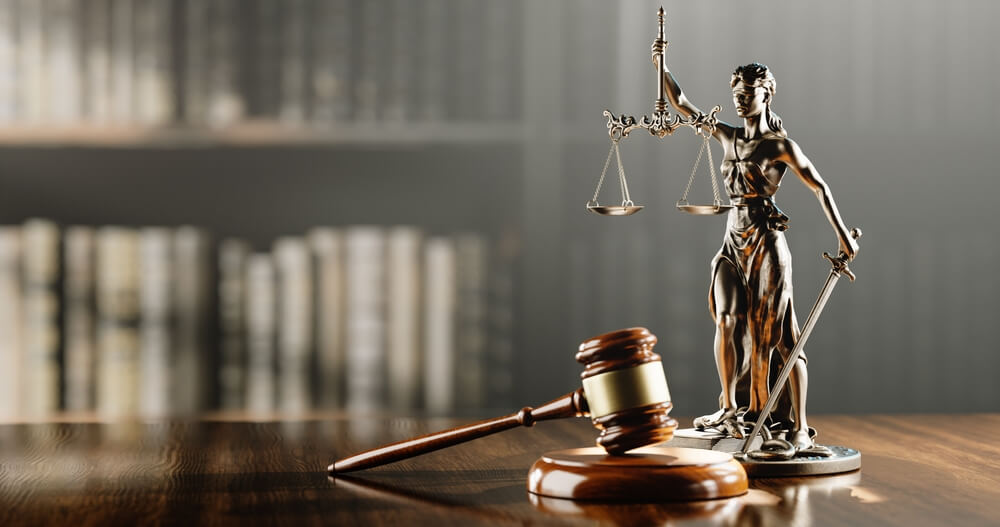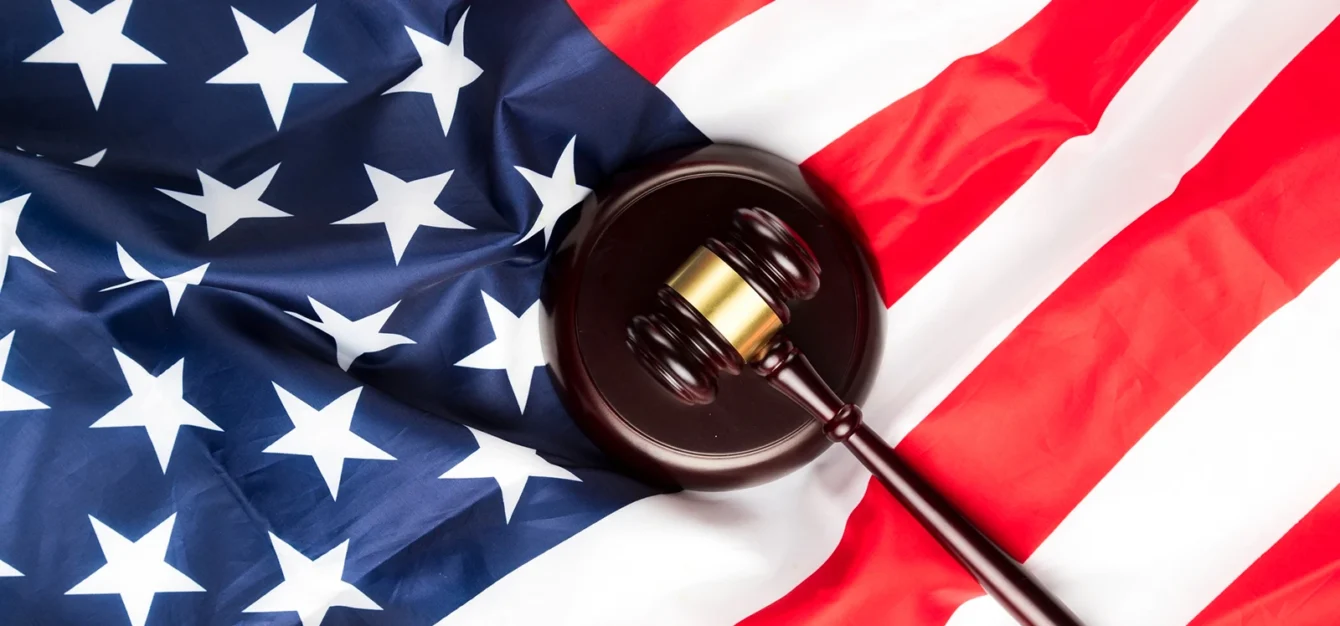What Do Civil Rights Lawyers Do?
Defining The Role Of Civil Rights Lawyers In Society
Civil rights lawyers are legal professionals dedicated to protecting individuals from discrimination, injustice, and violations of constitutional rights. They work to ensure everyone is treated fairly under the law, regardless of race, gender, religion, sexual orientation, or other protected characteristics. From advocating in courtrooms to advising clients on their rights, these lawyers play a vital role in upholding principles of equality and justice across various aspects of society.

Handling Cases Of Discrimination And Unfair Treatment
A significant part of the job for civil rights lawyers involves handling cases related to discrimination in employment, housing, education, and public accommodations. They represent individuals who have been unfairly treated due to their identity and pursue legal remedies against those responsible. These attorneys may challenge unlawful policies, seek compensation for damages, and work to change organizational practices, ensuring that civil rights laws are strictly enforced in both public and private sectors.
Fighting Against Police Misconduct And Abuse Of Power
Another important area of focus for civil rights lawyers is addressing instances of police misconduct, excessive force, or violations during arrests and interrogations. They advocate for justice when law enforcement officials step outside the bounds of legality, filing lawsuits to hold agencies and officers accountable. In doing so, they help protect communities from abuse of power and reinforce the idea that no one is above the law, maintaining public trust in the justice system.
Advocating For Constitutional Freedoms And Liberties
Civil rights lawyers often engage in defending constitutional freedoms such as freedom of speech, religion, and assembly. Whether it’s challenging censorship, fighting for religious expression, or defending protesters’ rights, these attorneys stand at the forefront of protecting individual liberties. Their work can lead to landmark court rulings, policy reforms, and significant changes to the way rights are respected and enforced across the country.
Promoting Systemic Change Through Impact Litigation
Beyond individual cases, civil rights lawyers contribute to broader societal change through impact litigation and advocacy. They join forces with advocacy organizations to address systemic injustices and champion reforms that benefit entire communities. By strategically selecting cases and pursuing them to higher courts, they help to set legal precedents that shape the future of civil rights in America, ensuring long-term improvements for generations to come.
Offering Education, Guidance, And Legal Support
Civil rights lawyers also play an educational role, informing individuals and communities about their legal rights and options. By hosting workshops, publishing resources, and providing consultations, they empower people to recognize violations and pursue justice confidently. Their guidance not only helps victims navigate complex legal systems but also fosters a society that is more aware, vigilant, and committed to the defense of civil rights for all.

